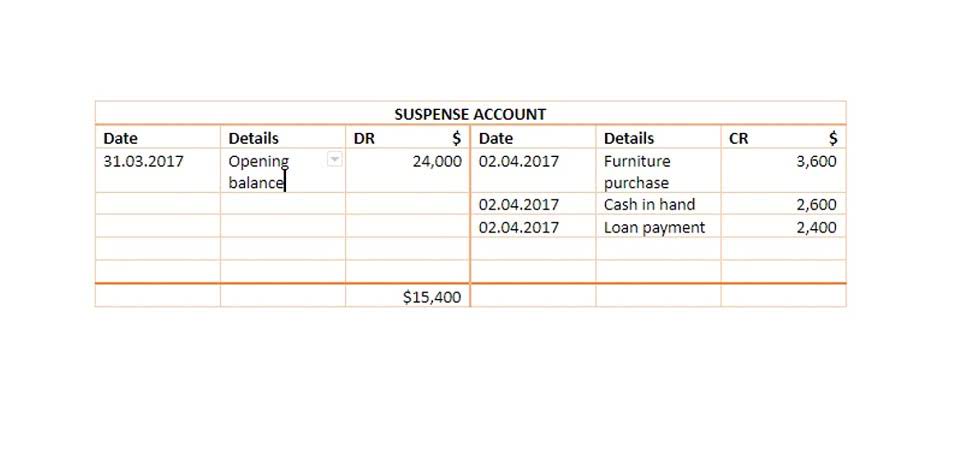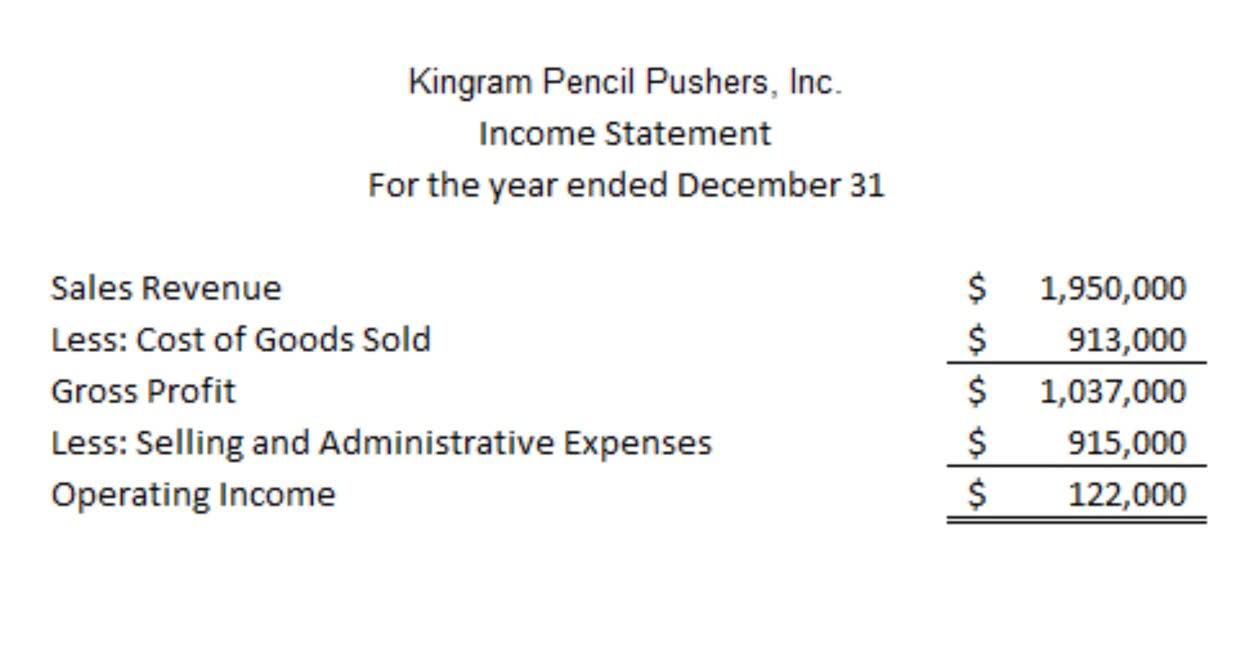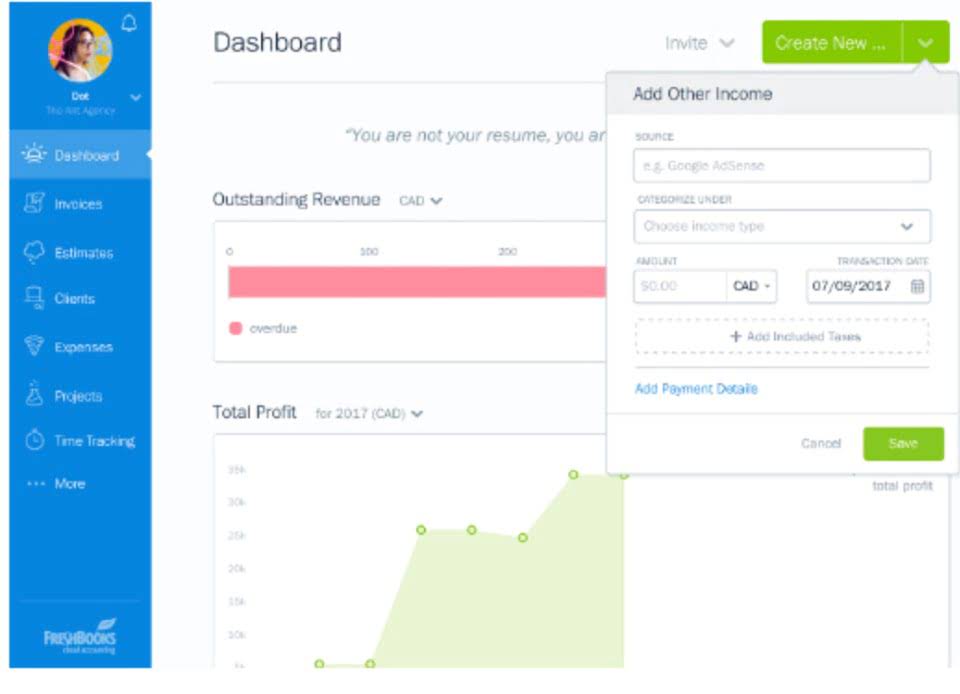Outsourced Accounting VS In-House Accountant Pros & Cons

In-house developers can easily collaborate with other departments like marketing, customer support, or sales, making it easier to align development work with broader business objectives. This understanding and alignment are also something that we ensure here at Trio, regardless of the hiring model you go with, as they create a sense of purpose and ensure developer satisfaction and performance. Employees within your organization will also have a strong understanding of the company’s values and mission. There are many reasons for this understanding, but it is largely a result of the amount of time spent in your company.

Key Differences: Insourcing vs. Outsourcing
- Research from Deloitte reveals that companies using insourcing models improve their response time and reduce operational costs compared to traditional hiring.
- Ans- Yes, by reducing overhead costs, improving operational efficiency, and enabling your firm to scale quickly, remote staffing can significantly boost profitability.
- But with the rapid progress in trade and technology making the world interconnected, businesses should consider outsourcing their accounting and bookkeeping.
- However, with the advances in technology and a growing economy, businesses now have many cost-effective options to outsource their accounting and bookkeeping.
- Offshore service providers conduct employee benefit plan audits to ensure that your firm adheres to industry-specific rules and regulations.
Accountants take that raw data and analyze it to create financial statements, understand profitability, and Insurance Accounting provide insights for decision-making. For a helpful breakdown of the key differences between these two roles, check out this article from Business News Daily. Bookkeepers meticulously track every financial activity, ensuring all income and expenses are documented.

B. Financial Resources and Budget:

Bench Accounting offers further insights into the skills needed for bookkeeping Accounting Periods and Methods success. Think of bookkeeping as the meticulous recording of financial transactions, and accounting as the insightful interpretation of that data. It transforms raw numbers into meaningful narratives about a company’s financial health.
What Is Contingent Staffing and How Does It Benefit Businesses?
But you will still find outsourcing more affordable especially if you’re a startup. Both outsourcing and in-house accounting have their own set of pros and cons, and the choice between them depends on the specific needs and circumstances of the business. While outsourcing offers cost-effectiveness, expertise, and scalability, in-house accounting provides control, customization, and enhanced communication. Businesses should carefully evaluate these factors and choose the in house accounting vs outsourcing option that best aligns with their goals and resources. Additionally, businesses can also consider a hybrid approach that combines elements of both outsourcing and in-house accounting to achieve the best of both worlds. Technology is rapidly changing the financial world, influencing how businesses manage their books and make decisions.
- A Society for Human Resource Management (SHRM) study shows that the average cost to hire a full-time employee in the US is $4,700, plus benefits that add 25-40% to base salary costs.
- The person paying the bills might be the one reconciling the bank account, and because there isn’t separation of duties, you have just given them the keys to the bank.
- Luckily, in our digital age, you have more options to choose from, including outsourcing to a remote U.S-based team.
- Considering that these reports are vital for driving business forward, this can be a costly downfall.
- Cooking at home gives you complete control over every detail, but it takes a lot of time and effort.
- Over time, your in-house bookkeeper becomes intimately familiar with your business’s financial intricacies, enabling them to provide insights and recommendations that are finely tuned to your situation.
Larger companies with internal accounting staff might only require an external accountant for specialized tasks like audits or tax planning. In-house vs. outsourced accounting is not just a cost decision; it’s a strategic one. In-house teams provide control and confidentiality, making them ideal for sensitive financial tasks. On the other hand, outsourcing allows firms to access specialized expertise, scale during peak seasons, and reduce operational costs.

Certified Public Accountants (CPAs) supervise the internal controls of computerized bookkeeping systems to preserve accuracy. Many accountants also possess additional certifications and specialized training in forensic accounting, managerial accounting, tax accounting, and more. Ans- Costs vary based on the scope of services required, but outsourcing typically reduces operational expenses compared to in-house hiring. Outsourcing financial reporting and analysis means your firm gets detailed insights without the extra workload. Your remote partners handle the heavy lifting and provide actionable reports that help you guide your clients more effectively.










